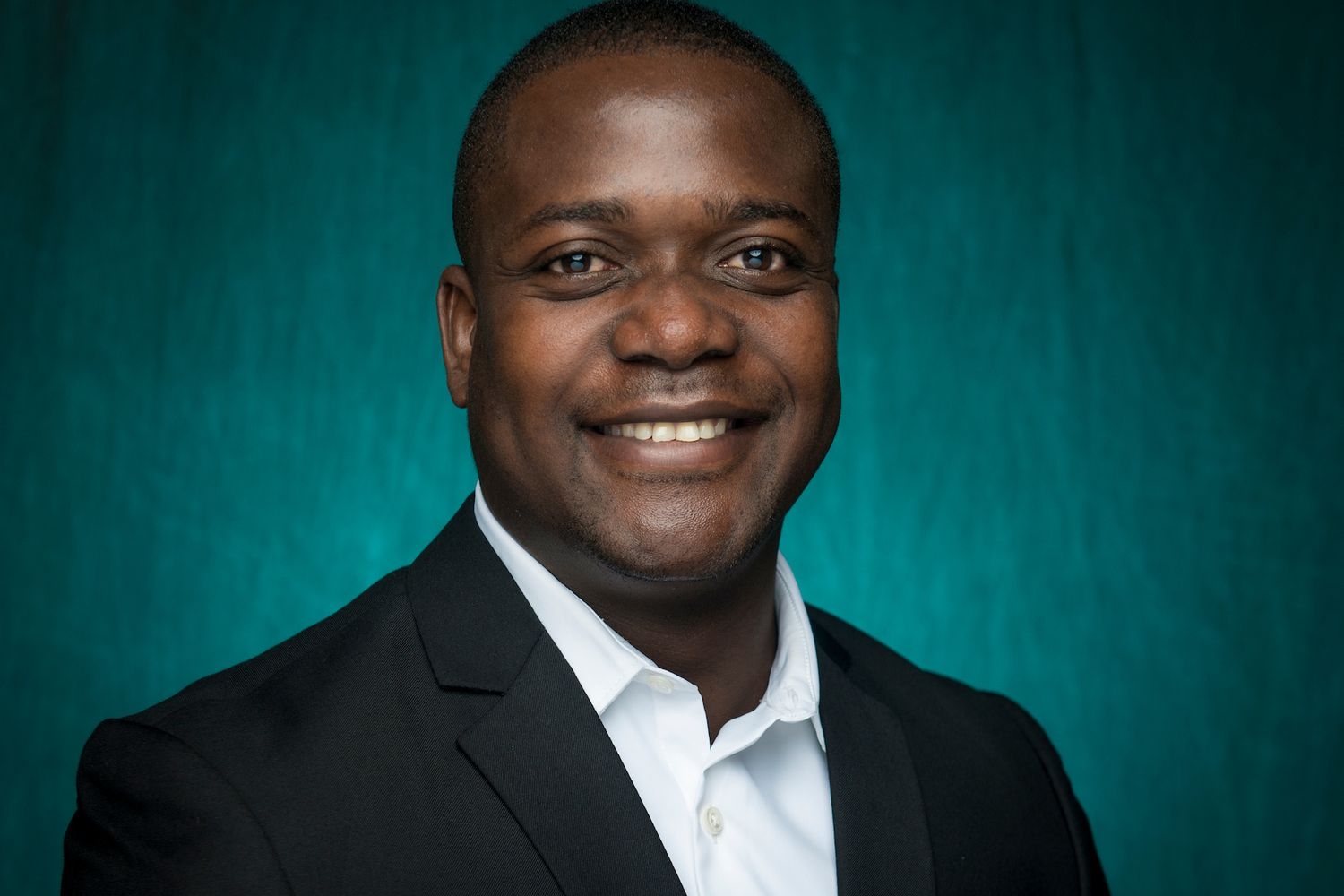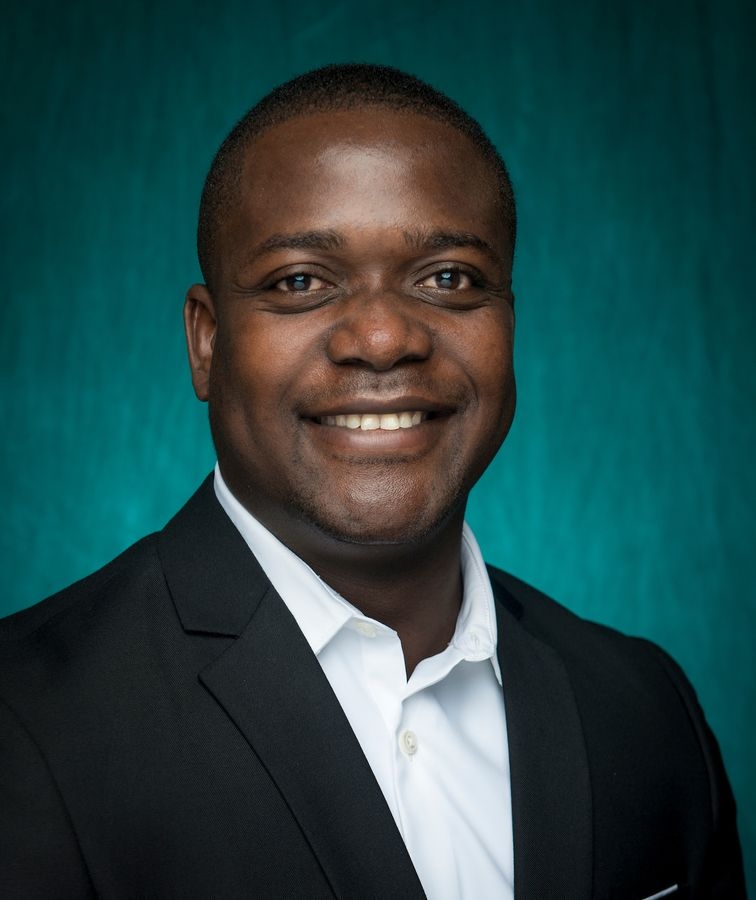
Photo: Bradley Pearce/UNCW
At the intersection of technology, health care and communication, the flow of information has a direct and nuanced effect on people’s wellbeing.
That nexus is a major focus of analysis for Edzordzi Agbozo, associate professor of English, whose work most recently earned him a Rising Research Excellence Award. And response to the COVID-19 pandemic made for an ideal, impactful post-mortem case study on digital crisis health communication for him and his team.
Agbozo had been editing a book about the COVID-19 response in Ghana and was discussing the topic with his UNCW colleagues when they found themselves comparing how different countries handled public messaging around the pandemic.
That turned into a full-blown comparative analysis of apps used in China, Ghana, India and the U.S., published last year, and continues with a forthcoming analysis of the education strategies prioritized by each country in their respective apps.
“In our field, we haven’t paid much attention to how culture affects interaction design,” Agbozo said. “At the end of this paper, we are building a new model for how to do comparative analysis of apps from various cultures, and then factoring into that analysis how culture influences this kind of design and persuasive strategies.”
The next step is to apply the model they’ve developed to analyze various kinds of real-world apps, and although their focus has been on health crisis, Agbozo said it could be potentially used for other crises as well.
He's also laying groundwork for individual research analyzing AI strategy in Ghana: the motivating factors behind it, the rhetorical strategies involved and the impact on human lives.
Having learned about exploitation of AI workers in Kenya, Agbozo said he wants to draw attention to the gap between Ghana’s emphasis on economic development and consideration of human impacts, such as those on mental health.
“Now that we can see this happening in Kenya, this is the time for us to build strategies that can protect these people, and not just focus on the money we will get from these kinds of arrangements,” he said.
This article has the following tags: myUNCW - Faculty & Staff Research & Innovation College of Humanities, Social Sciences, & the Arts English Research & Innovation



